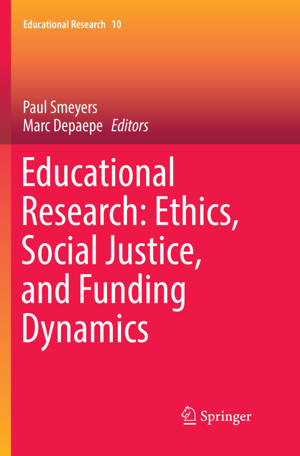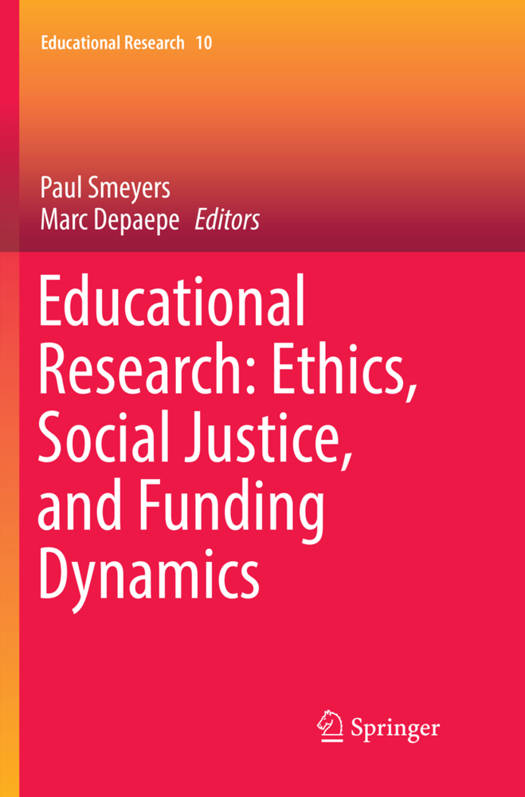
- Afhalen na 1 uur in een winkel met voorraad
- In januari gratis thuislevering in België
- Ruim aanbod met 7 miljoen producten
- Afhalen na 1 uur in een winkel met voorraad
- In januari gratis thuislevering in België
- Ruim aanbod met 7 miljoen producten
Educational Research: Ethics, Social Justice, and Funding Dynamics
Omschrijving
This book examines the conduct and purposes of educational research. It looks at values of researchers, at whose interests are served by the research, and the inclusion or exclusion of practitioners and subjects of research. It asks if educational research should be explicitly committed to promoting equality and inclusion, and whether that requires research to be more aware of the cultural and global contexts of research questions. It explores the ethical challenges encountered in the conduct of research and the potential ethical and social justice constraints imposed by comparative research rankings. Next, it discusses the research funding aspects of the above issues both philosophically and historically, thus examining the changing sources, patterns, and effects of educational research funding over time. Since the conduct of most educational research increasingly requires institutional and financial support, the question is whether funding shapes the content of research, andwhat counts as research. The book discusses if funding is a factor in the shift of efforts of researchers from pure or basic research to more applied research, and if it encourages the development of large research teams, to the detriment of individual scholars. It looks at the ownership of the content, results, and data of publicly funded research. Finally, it tries to establish whether scholars solicit funding to support research projects, or generate research projects to attract funding.
This publication, as well as the ones that are mentioned in the preliminary pages of this work, were realized by the Research Community Philosophy and History of the Discipline of Education: Purposes, Projects, and Practices of Educational Research.
Specificaties
Betrokkenen
- Uitgeverij:
Inhoud
- Aantal bladzijden:
- 295
- Taal:
- Engels
- Reeks:
- Reeksnummer:
- nr. 10
Eigenschappen
- Productcode (EAN):
- 9783030088859
- Verschijningsdatum:
- 29/12/2018
- Uitvoering:
- Paperback
- Formaat:
- Trade paperback (VS)
- Afmetingen:
- 156 mm x 234 mm
- Gewicht:
- 439 g

Alleen bij Standaard Boekhandel
Beoordelingen
We publiceren alleen reviews die voldoen aan de voorwaarden voor reviews. Bekijk onze voorwaarden voor reviews.








